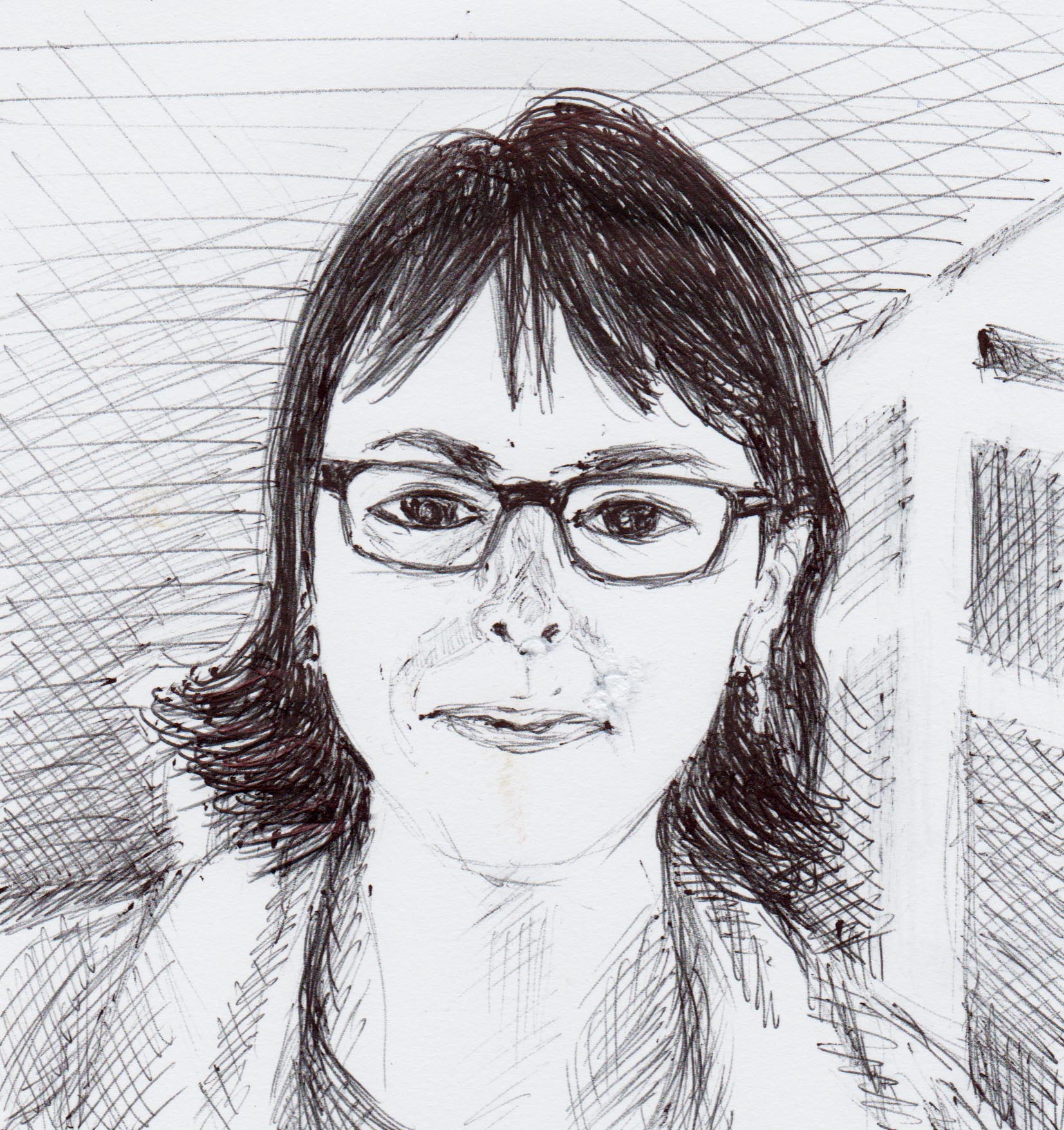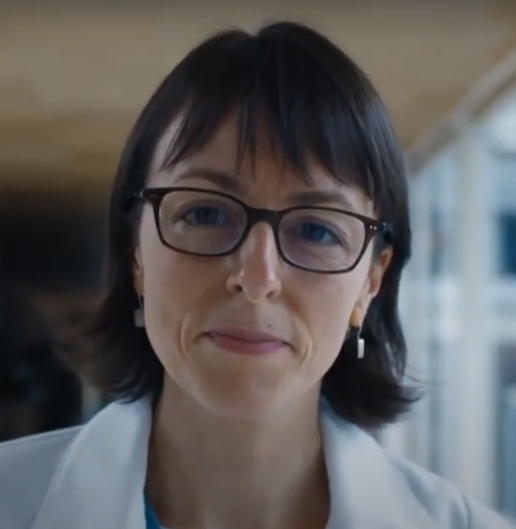


Maximizing self-consumption at the local level is a way to progressively allow everyone to participate in the energy transition.
Can you tell us about your professional background?
Cathy C. I studied engineering, an obvious choice for me because from my childhood I wanted to understand the world that exists around us and make my contribution to it. Since then, I’ve worked in research. I spent a few years working in a microelectronics research center, then I returned to university to do a doctoral thesis on fiber optic temperature sensors. I wanted to work more on concrete subjects where I could have a tangible impact. The energy sector has always interested me, so when I decided to invest in this professionally, I had the opportunity to be an actor of change and to pass on a more sustainable legacy to the world. I still have this motivation today.
At ENGIE Laborelec, I started as an energy auditor, a concrete and pragmatic consultant role that requires knowledge of technological solutions and problem solving. I then shifted my focus to the residential sphere, which is where I am today. I’m in charge of the Future Collectivities & Homes lab, which deals with residential housing in the broadest sense, including collectives and energy communities. The mission of this lab is to seek and find solutions to accompany the energy transition and make it possible, attainable and concrete for everyone. We act as both a lever and gas pedal, so to speak. We study the impact that technologies currently have and will have in the future on the energy landscape, both in terms of the regulatory framework, and the behavioral changes and consumer expectations of energy. It's a multi-technology, multidisciplinary approach.
Today, my job allows me to combine the prospective, discovery and innovation aspects of research with a down-to-earth approach that supports the development of practical solutions in homes, thanks to the support we provide to the Group's BUs. I really like this duality.
Do you find that being a woman in the energy and research sector is an asset or a handicap?
Cathy C. This isn’t a question I’d ask myself. I think it's an asset, but not so much because of my gender but because of diversity. Diversity is a source of creativity, whether it's in the approach to a problem and its solutions, or in the way you find ideas, or even in professional relationships that you form. The world of energy should represent the diversity of our society. It's true that since I was a student, I’ve been working mostly with men. I'm not surprised to be in the minority. However, this does not mean that I don’t find it regrettable that women aren’t better represented. There’s work to be done to attract more girls and women to science.
So is it an asset or a handicap? Well, I’d say that given the fact that the representation of women is struggling to increase in scientific fields, it’s even more of an asset to be there!
In addition to sharing technological advances in sustainable energy with our male colleagues, we, as women, have to be role models for young girls so that they can imagine themselves working in scientific careers.
I am sure you have an opinion on the future of energy and the world of tomorrow?
Cathy C. The field of energy is in transition towards more renewable, decentralized, and intermittent energy, with technological and integration challenges. Tomorrow's energy will be multifaceted, decarbonized and versatile. But tomorrow's energy will also need to be returned to the hands of citizens. For me, this is absolutely necessary so that the transition can be sustainable and long-lasting.
In developed countries today, energy is seen as something that magically arrives out of the socket. It has become a commodity and we are not aware of its value, of what it brings, of all that it makes possible. Energy is a basic necessity. It’s indispensable to everyone on a daily basis, and it must remain accessible and affordable. At the same time, we must use it in a more rational and reasonable way to preserve it. Wasting energy — even if it’s green energy — is nonsensical. This is why I believe that the future of energy must be centered around human reappropriation.
It’s clear from our work that more and more consumers (or rather, consumer-actors) want to participate in the transition. For example, if you have a vegetable garden, even a small one, you suddenly become aware of seasonality, food waste, and costs in natural needs just like in labor. Installing solar panels or participating in energy communities will make you aware of the value and origin of an electron and hopefully make you consume it more wisely.
Do you see women as having a specific role in achieving carbon neutrality?
Cathy C. For me, it's really not a question of gender. To me, what is important is, as I said before, the need to reclaim energy, and our role in its transmission to future generations.
Our role — as energy specialists — is to make sure the people around us, and the younger generations in particular, understand what energy is and why it's vital to preserve it. This is done through education. It’s not particularly a role for women, but it is our role as responsible adults.
Is there any specific project you want to share?
Cathy C. Yes, I would like to talk about energy communities.
Energy communities are about sharing energy with neighbours. For example, a person or a cooperative will invest in the installation of solar panels and this energy will then be shared between neighbors. We can imagine the situation where you have a group of neighbours, some of whom invest in solar panels, for example, and make the whole community benefit from this energy. This concept puts citizens at the center of the energy system. Even someone who couldn’t afford to invest, could now participate in the transition to clean energy.
Right now, we’re working on several projects, including a demonstrative project in France called Harmon'Yeu on the island of Yeu. 23 homes, 5 of which have solar panels with shared energy flows. The solar production is shared between the houses. Little by little, new “blocks” are added: control of water heaters, a stationary battery, an electric vehicle, etc.
Maximizing self-consumption at the local level is a way to progressively allow everyone to participate in the energy transition.
Do you have a message you would like to pass on to other women?
Cathy C. Don’t be afraid to take part in the world of energy or in scientific careers. For me, the message is: go ahead, there are fantastic challenges, we are thinking about tomorrow's world and we are building it together. There is room for you and we are waiting to welcome you.